
Rice chemist, alums named to Forbes 30 Under 30
Rice University chemist Julian West and four alumni have been named to the 10th annual Forbes 30 Under 30.
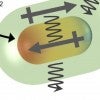
‘Soft’ nanoparticles give plasmons new potential
Bigger is not always better, but here’s something that starts small and gets better as it gets bigger.
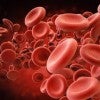
Antibody study suggests COVID-19 infections underestimated
A monthslong study to determine the number of Houstonians carrying COVID-19 antibodies revealed infections may have been four times greater than viral tests showed, according to collaborators at the Houston Health Department, Rice University and Baylor College of Medicine.
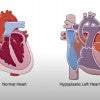
Top Rice data science team shows heart in plan to save babies
Winning Data to Knowledge Lab project uses data science techniques to help save babies with congenital heart defects.
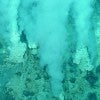
Vitamin boosts essential synthetic chemistry
Inspired by light-sensing bacteria that thrive near hot oceanic vents, synthetic chemists use vitamin B12 to catalyze valuable hydrocarbons known as olefins, or alkenes, useful precursor molecules for the manufacture of drugs and agrochemicals.
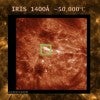
Scientists get the lowdown on sun’s super-hot atmosphere
Images of the sun captured by the IRIS mission show new details of how low-lying loops of plasma are energized, and may also reveal how the hot corona is created.
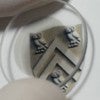
Rice physicist shares grant to advance imaging
The lab of physicist Junichiro Kono will share in a $1 million grant from the Chan Zuckerberg Initiative to improve imaging of proteins, cells and tissues.
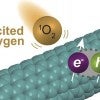
Chemists get peek at novel fluorescence
Rice chemists find a second level of fluorescence in single-walled carbon nanotubes. The phenomenon may be useful in solar energy and optoelectronic applications.
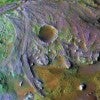
Rice scientist joins next Mars adventure
A Rice University geologist is one of 13 scientists recently selected to operate the Mars rover Perseverance and analyze samples for an eventual return to Earth.
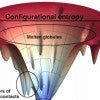
Understanding frustration could lead to better drugs
Atom-scale models of proteins that incorporate ligands, like drug molecules, show a strong correlation between minimally frustrated binding sites and drug specificity. Such models could lead to better-designed drugs with fewer side effects.

Next fall, Rice Architecture sets sail for Seoul
A Rice assistant professor of architecture and his students hope to travel to Seoul, South Korea, next fall to present their work at the city’s Biennale of Architecture and Urbanism.

For one Rice University classroom that is all about the hands-on experience, the fall of 2020 was a test. It appears to have passed.
